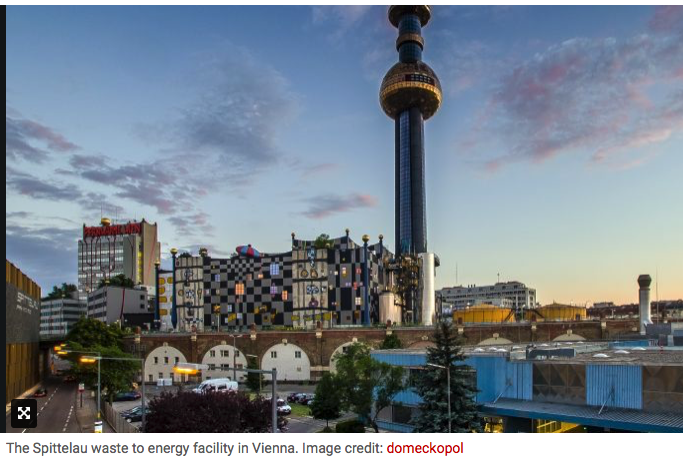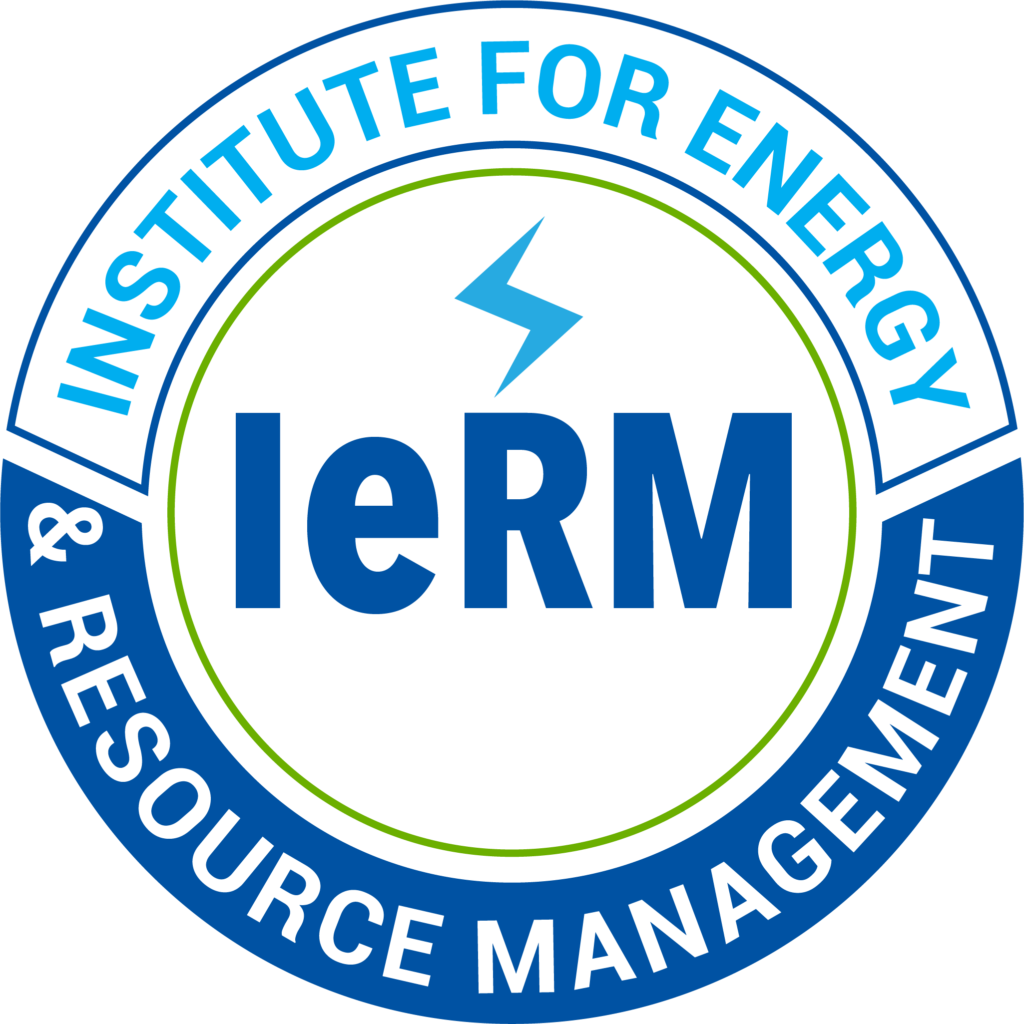
The Confederation of European Waste-to-Energy Plants (CEWEP) has welcomed the recognition of waste management as a sector providing an essential service to society by Virginijus Sinkevičius, the European Environment Commissioner, on the occasion of the publication of a guidance on waste shipment in the context of the COVID19, and emphasised the ability of incineration to safely destroy viruses and pathogens.
CEWEP noted the importance of Article 13 of the Waste Framework Directive 2008/98/EC, which it said takes on even greater significance in the current circumstances. It requires Member States to take the necessary measures to ensure that waste management is carried out without endangering human health. Human health should have the highest priority.
Waste-to-Energy (WtE) incineration safely destroys viruses and other pathogens at high temperature. The waste is put directly into the bunker, and then discharged into the furnace through the feeding chute by an overhead crane, thus avoiding human contact with the contaminated waste.
On this occasion, CEWEP would like to thank its members and all waste workers who are dealing with our waste every day. “They are doing a great job,” said CEWEP’s President Paul de Bruycker.
“We would like to stress that waste sector employees must be granted ‘key worker’ status, i.e. they must be able to move freely and they must continue to receive educational and care services for their children while they are fulfilling their essential tasks during the current COVID19 outbreak.
“In order to protect the public health in general and ensure workers’ safety in particular in these pandemic times, waste incineration is part of the critical infrastructure in the Member States to ensure the best possible treatment of contaminated waste that cannot be recycled.
“Given its hygienic task for the society, it must be ensured that waste incineration can continue to provide this essential service to our citizens. Furthermore, governmental virology institutes like the German Robert-Koch-Institute state that for infectious waste thermal treatment is mandatory.
“This crisis demonstrates once again how important the integrated approach to waste management is where every waste stream needs to find the most sustainable way of treatment without endangering human health or the environment.
Additionally, during these extraordinary times, it is important that non-contaminated waste streams, like paper, continue to be separated and recycled as much as possible following the recommendations of virology institutes. WtE capacities must be saved for the non-recyclable or contaminated waste.”
Read the article here
Integrated Waste Management
What's your reaction?
0Cool0Upset0Love0Lol
Tags: ecosystems news




